News + Media: Climate Policy
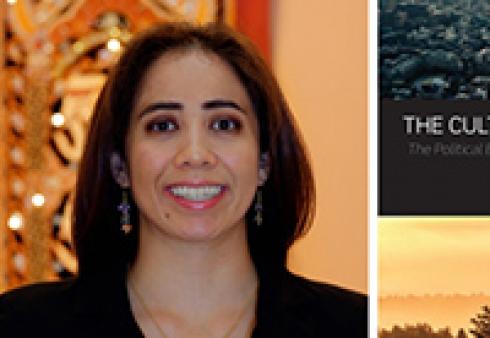
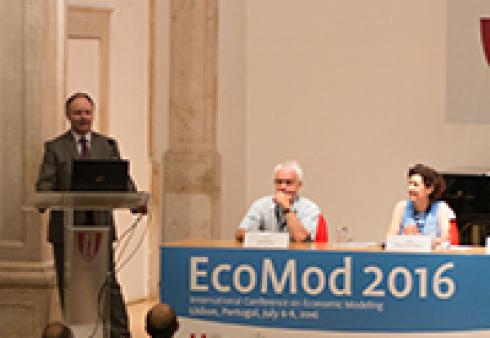
On July 6, MIT Joint Program Deputy Director Sergey Paltsev was a keynote speaker at the International Conference on Economic Modeling, EcoMod 2016, in Lisbon, Portugal. EcoMod is the world’s leading research, advisory and educational nonprofit network focused on promoting advanced modeling and statistical techniques in economic policy and decision-making. The annual conference draws hundreds of economic policy modelers from around the world.
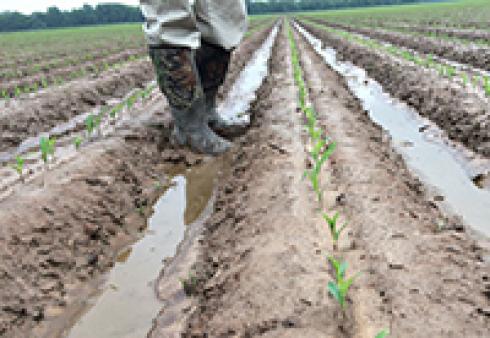
To assess the likely impact of climate change on U.S. agriculture, researchers typically run a combination of climate and crop models that project how yields of maize, wheat and other key crops will change over time. But the suite of models commonly used in these simulations, which account for a wide range of uncertainty, produces outcomes that can range from substantial crop losses to bountiful harvests. These mixed results often leave farmers and other agricultural stakeholders perplexed as to how best to adapt to climate change.
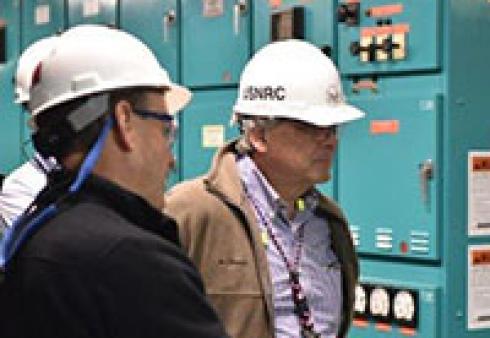



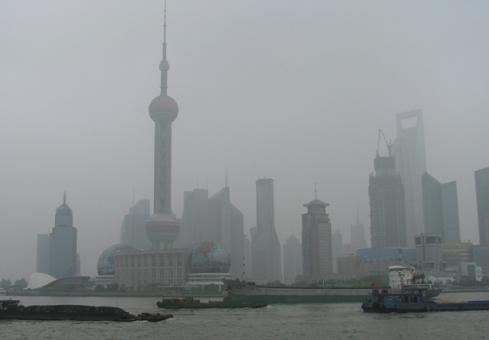
While China is currently moving ahead with a national carbon market covering large emitters, an ongoing question remains whether and how the country might also directly restrict the use of coal to tackle the triple threat of air pollution, climate change and energy insecurity. One option under discussion involves imposing limits on the use of coal or on all fossil fuels at the national or regional levels. A new study by researchers at the MIT Joint Program on the Policy of Global Change, Tsinghua University, and ETH Zurich examines this option in detail.
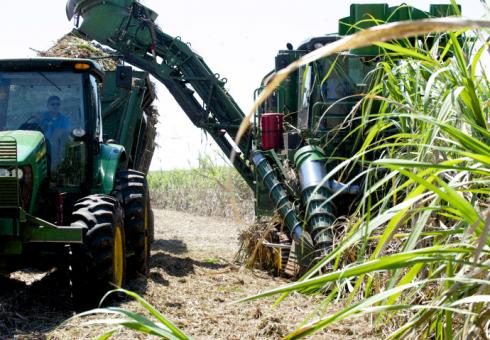

How much will your cost of living rise if a price is put on carbon? According to a new study in The Energy Journal, the answer may depend on where you live—and how policymakers define who’s ultimately responsible for human-made carbon emissions.

